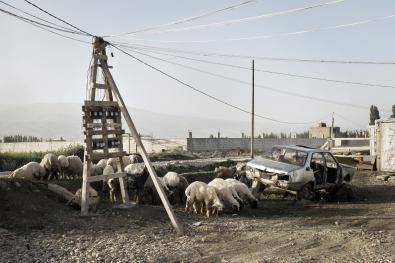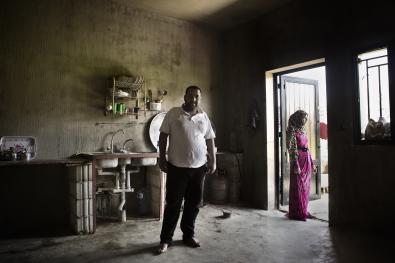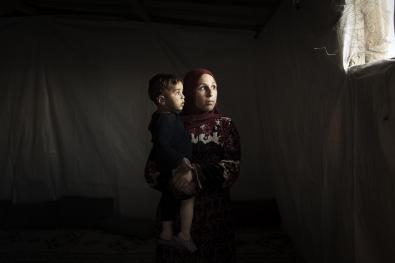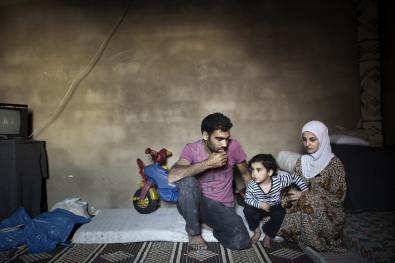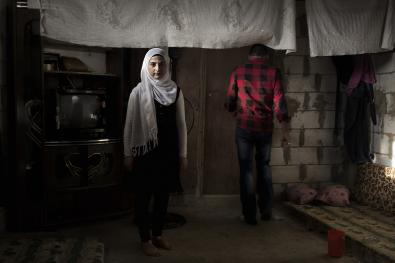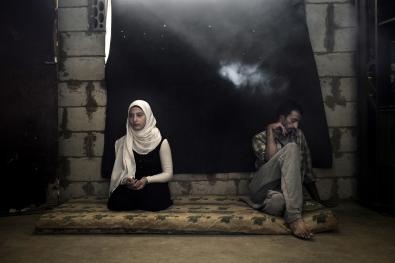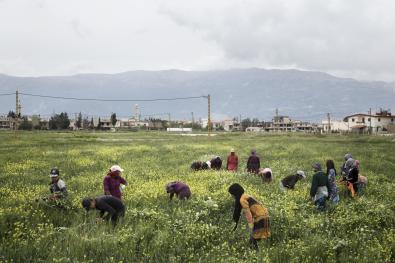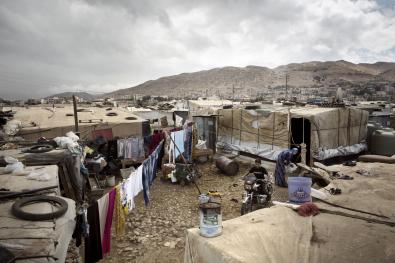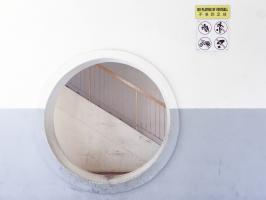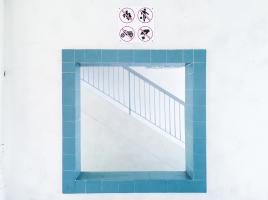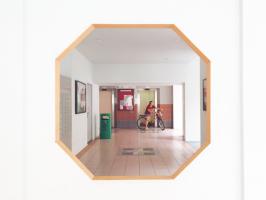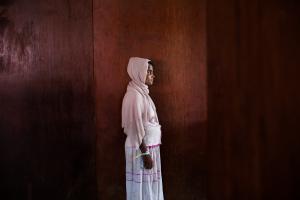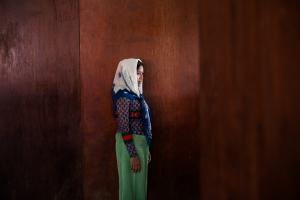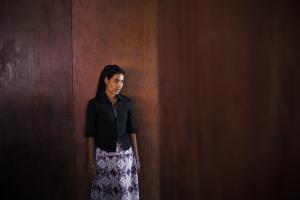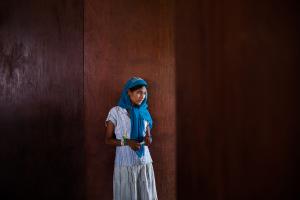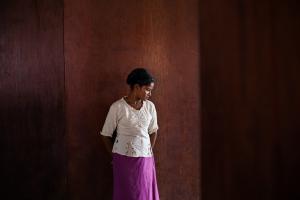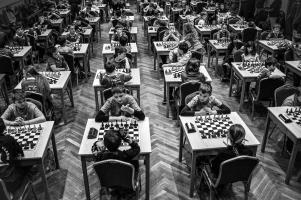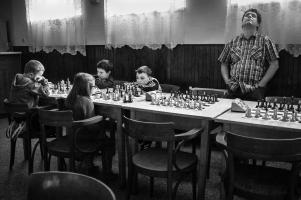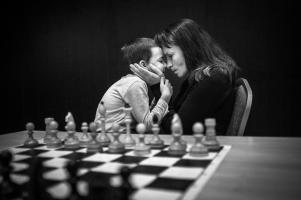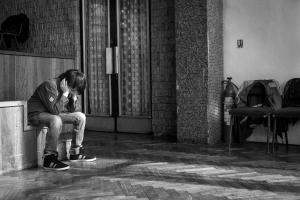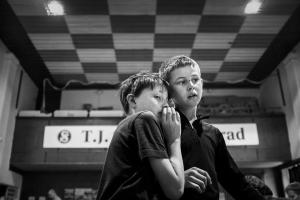Laura Aggio Caldon, Hawsh el Harimi, Place of Women
On 15th March 2011 thousands of Syrians marched in Damascus, Aleppo and several other cities in one of the first major demonstrations against the regime of President Bashar al-Assad. The government tried to suppress the protests by force and it began a civil war that became more and more violent every year and it has killed more than 200 thousand Syrians. About half of the Syrian population left their homes and most (about 4,000,000 Syrians) have sought refuge abroad, especially in neighboring countries such as Turkey, Jordan and Lebanon. In Lebanon 1.3 million refugees are officially registered, about one third of the Lebanese citizens. In Lebanon there is fear that another permanent refugee crisis like the Palestinian exodus (1948) could be possible. More than 400,000 Palestinian refugees still live in United Nations camps across the country. Let's not forget that Lebanon is not party to the 1951 Refugee Convention. In part, that's why Lebanon has declined to classify Syrians fleeing the war as refugees, preferring to call them displaced persons. Without the formal refugee camps, Syrians in Lebanon often take shelter in abandoned buildings or makeshift encampments that provide little protection. Hawsh el Harimi means "place of women" and it's the name of a small village in the heart of the Bekaa Valley in Lebanon. In this village, as in other village, some young Syrian refugee girls lose their childhood status by being considered adults Early marriages were practiced even before the Syrian crisis, but the impoverishment of families, poor security and the war have facilitated the rise of this phenomenon. In the past 4 years the practice of early marriage has doubled with a considerable lowering of the age of the bride. In Lebanon, there are no official statistics on the increasing rate of early marriage because there aren't official refugee camps. However, the problem has been recognized by the Lebanese government has drafted a law that requires the approval of civil and religious courts before a minor can get married. Currently, only the religious judges can give approval for a marriage involving a child who has not reached the age of consent (the age of consent ranges from 14 years to 17 years for the Muslim religion). Marriages in refugee camps in Lebanon, often involve girls of 11/13 years up to extreme cases of girls as young as 9 years old. Parents often give economic reasons and security to explain what pushes them into marrying off their daughters. According to many local NGOs there are heavy physical and psychological problems arising from the condition of child brides such as the shock of the premature sex, cases of marital rape and further problems caused by the physical risks related to early pregnancy. In Lebanon in 2014, there were 20,000 births registered between Syrian refugees. The World Health Organisation states that “pregnancy and childbirth complications are the second cause of death among 15- to 19-year-old girls globally†whilst the risk of the new-born babies of adolescent deceased mothers are also “substantially higher. As the Syrian conflict continues, the number of child brides is on the rise. Many girls leave Syria alone to reach their relatives or their acquaintances in Lebanon, other girls leave Syria with their mothers and their younger brothers, but usually the absence of their father is one of the main reasons for early marriage. For a woman it is not socially acceptable to live without a man, so the girls have to get married in spite of their being children. Some times they are given in marriage for financial reasons. International aid are not enough, families are very numerous and marriage is necessary for the survival of the entire household. The current conditions favor early marriage and neglect the right to education, health and the right to childhood.

